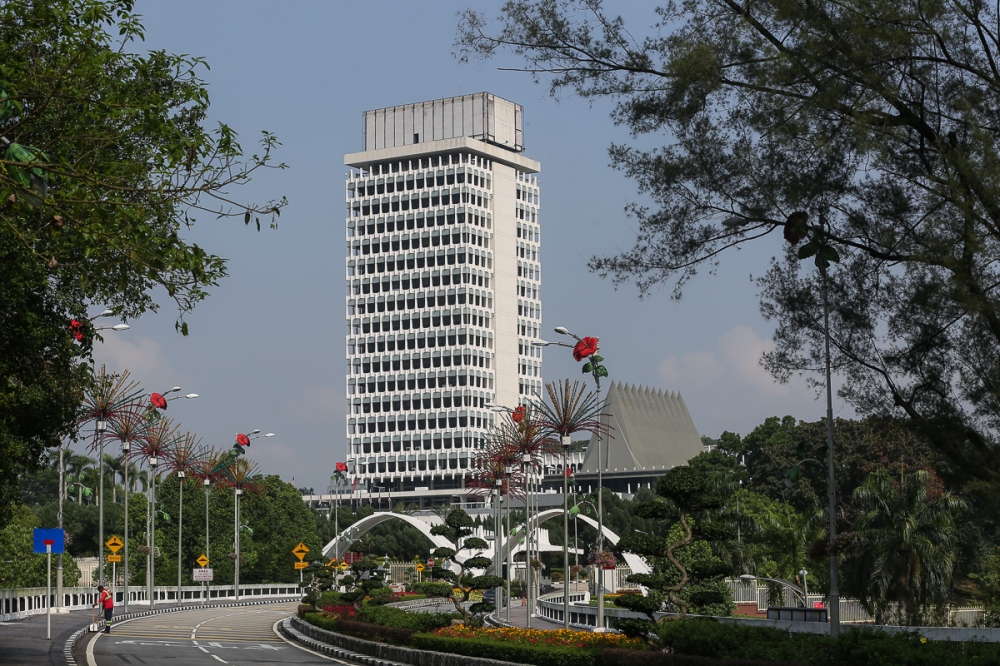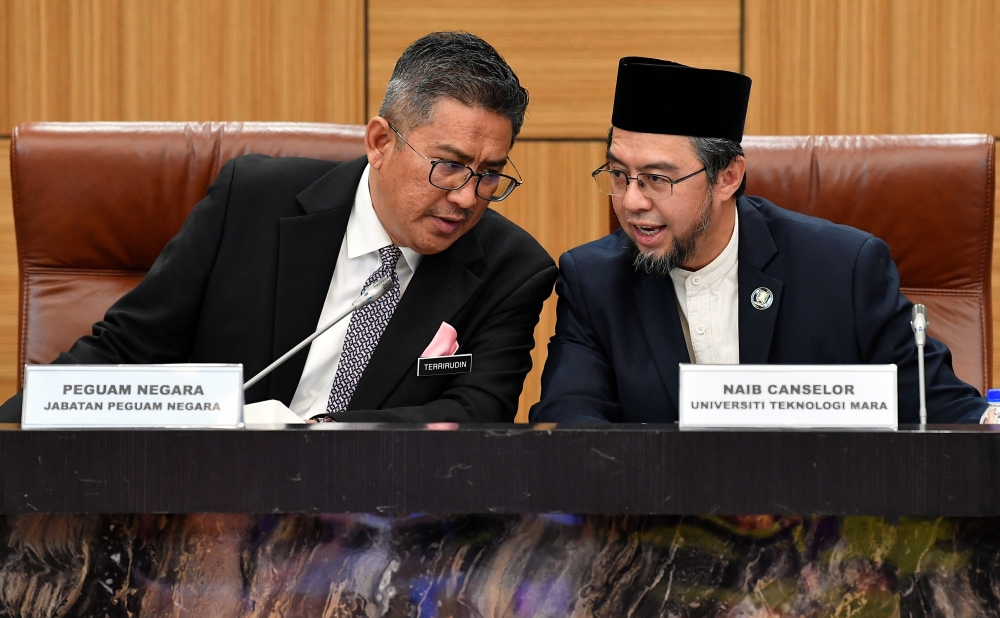KUALA LUMPUR, Aug 12 — Perkukuh Pelaburan Rakyat (Perkukuh) will ultimately boost Malaysia’s longer-term economic prospects and resilience, focusing on good governance that enables sustainable growth, strengthened socio-economic inclusivity and environmental sustainability.
In his opening remark at the virtual launch of Perkukuh today, Finance Minister Tengku Datuk Seri Zafrul Abdul Aziz said the programme will complement the government’s medium to longer-term national agendas including the National Fourth Industrial Revolution and the 12th Malaysia Plan.
He added that the Perkukuh core focus is to optimise the strategic positioning and long-term direction of the nation’s government-linked investment companies (GLICs) and government-linked companies (GLCs), to ensure they are future proofed, and their objectives are aligned to the broader national agenda.
“As the ultimate beneficiaries of this initiative, the rakyat will see more high-skilled and high-paying jobs generated from both domestic and foreign direct investments through the GLICs and GLCs’ refreshed mandate,” said Tengku Zafrul.
Perkukuh is a medium-term three-year initiative as part of the last key pillar of the 6R Economic Recovery Strategy (Resolve, Resilience, Restart, Recovery, Revitalise, Reform), namely ‘Reform’.
He noted that together with the GLICs, these initiatives will be driven by the Finance Ministry, which will act as the Programme Management Office.
It is conceptualised to achieve five key outcomes — sharpened clarity on each GLIC’s mandate; enhanced focus on developmental investments to spur new growth; crowding-in the private sector; future-proofing GLICs through improved governance and capabilities; as well as strengthening social safeguards and GLICs’ fiscal resilience.
Tengku Zafrul said that as an important part of Malaysia’s economic structure and ecosystem, the roles and functions of GLICs and GLCs have continued to evolve and expand, despite the waves of privatisation over the past decade.
He emphasised that Perkukuh is a medium-term reform agenda, where each and every initiative will be implemented in stages, with the involvement of relevant agencies as well as regulators and is expected to be completed by 2024.
He stressed that the Covid-19 pandemic has highlighted the need to clearly define what is of national strategic importance.
“We have seen more government involvement in corporate activities with overriding societal importance. Without a doubt, this should preferably take the form of independent market-based regulation.
“However, where this is not feasible yet due to a longer developmental gestation period, continued government involvement or ownership in certain companies may be the interim solution,” Tengku Zafrul added. — Reuters






















